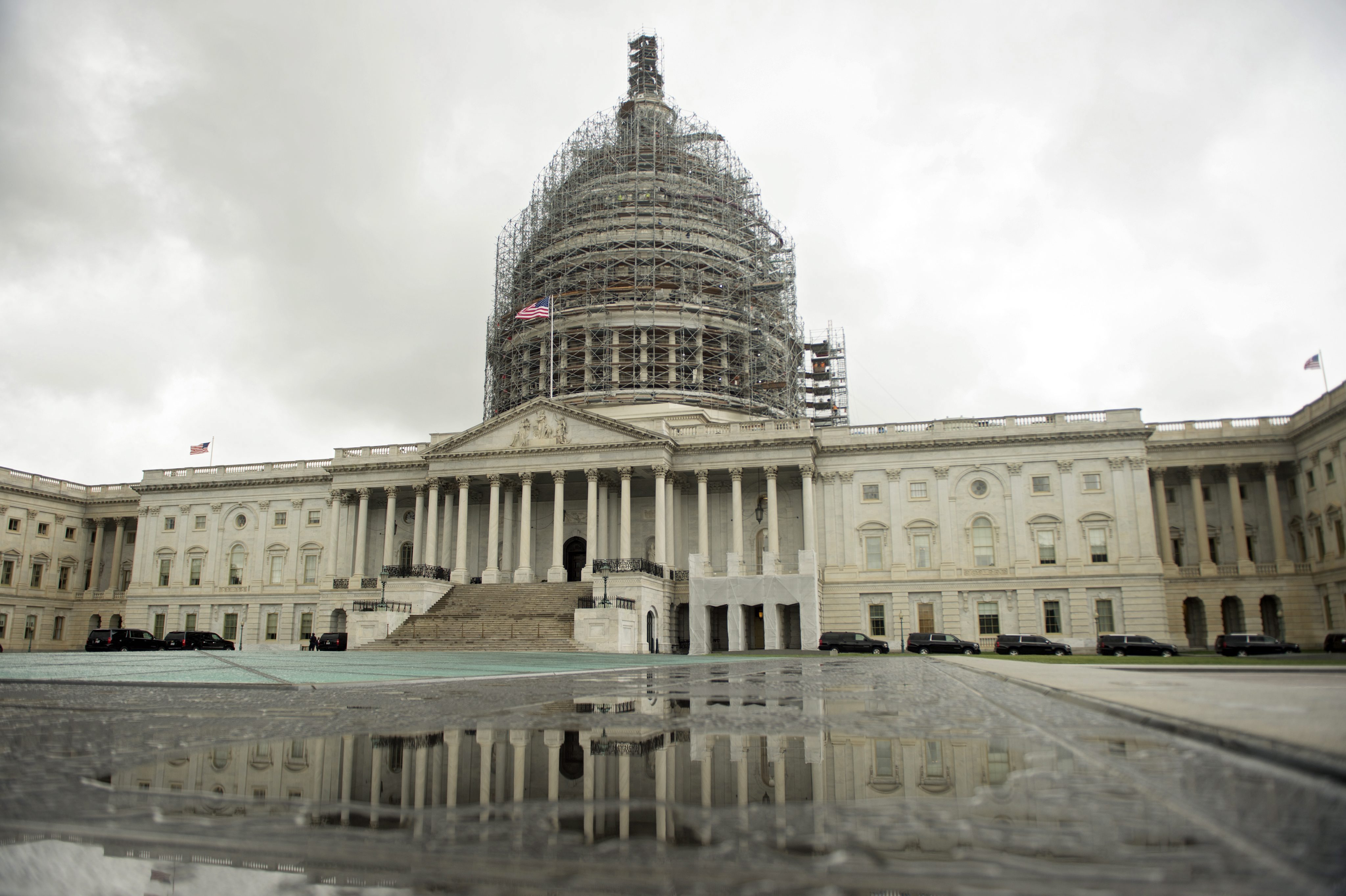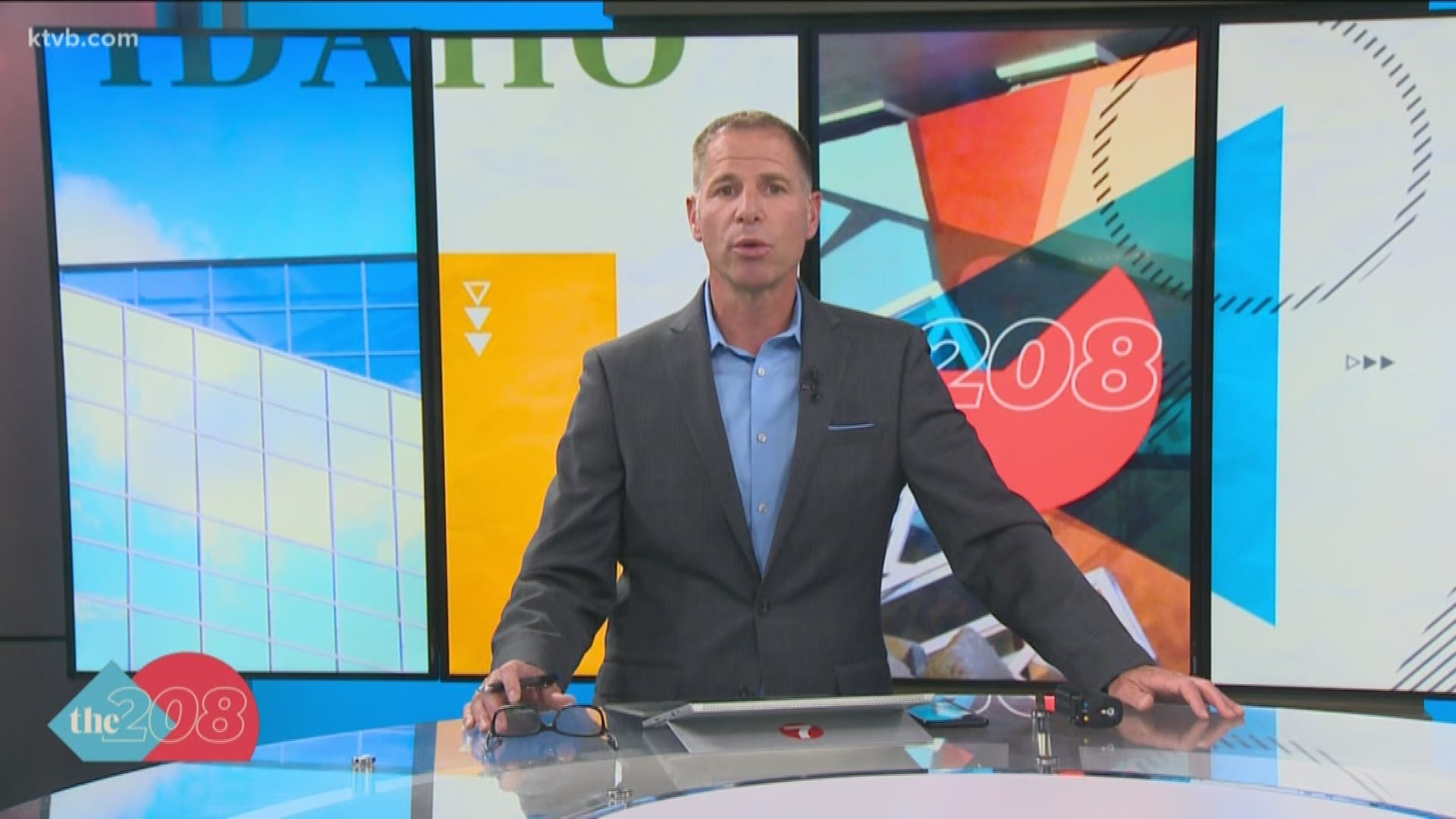WASHINGTON — Florida’s status as the most important swing state in the presidential race is no secret. But the November election could give the Sunshine State a chance to decide something almost as important: control of the Senate.
With Republican Marco Rubio surrendering his seat to run for president, Florida has become one of a few states with vulnerable GOP-held seats — along with New Hampshire, Ohio, Pennsylvania and Wisconsin — expected to determine whether Democrats recapture the chamber.
![Republicans aim to raise $62 million in bid to retain control of Senate [oembed : 83350448] [oembed : 83350448] [oembed : 83350448] [oembed : 83350448]](/Portals/_default/Skins/PrestoLegacy/CommonCss/images/smartembed.png)
![Trump's candidacy could tip control of Senate [oembed : 83350532] [oembed : 83350532] [oembed : 83350532] [oembed : 83350532]](/Portals/_default/Skins/PrestoLegacy/CommonCss/images/smartembed.png)
Only one Democratic seat, now held by the retiring minority leader Harry Reid of Nevada, is considered a toss-up.
Republicans hold 54 of the chamber’s 100 seats, so Democrats are hoping to keep all their seats and defeat at least four GOP incumbents – five, if they don’t win the White House and no longer have the vice president to break ties.
With that in mind, the Mississippi lawmaker overseeing GOP efforts to retain the Senate said the party plans to make Florida a priority as soon as voters choose a nominee Aug. 30.
“We’ll swing into action. We’ll be on the ground that very night,” said Sen. Roger Wicker, who chairs the National Republican Senatorial Committee. “Every seat ... is very important when you have a four-seat majority and 24 (total) seats to defend."
Democrats plan to be actively engaged in Florida as well, said Montana Sen. Jon Tester, who chairs the Democratic Senatorial Campaign Committee and is defending 10 Democratic seats.
“I think that we’ve got a great chance to pick up a majority,’’ he said.
Wicker said his committee is working to raise $62 million this year, some of which will end up in Florida. Tester wouldn't say how much the DSCC hopes to raise but acknowledges Republicans likely will outraise Democrats.
“They’ve got all these dark money, these super PACs out there that are going to be trying to buy elections,'' he said. "We’ve just got to outwork them."
Independent money figures to play a huge role.
When Rubio won his race in 2010, outside groups spent $4.6 million on the Florida Senate race. That surged to $22.5 million two years later when Democrat Bill Nelson won re-election, due largely to the Supreme Court’s Citizens United ruling six years ago loosening campaign finance restrictions.
It’s not clear how much groups will spend this time. But if the $80 million outside special interests poured into North Carolina’s Senate race two years ago is any barometer, it could easily exceed $100 million.
Of course, that will depend on how competitive the race is viewed and how much money is available given a presidential contest where super PACs have already spent $416 million, according to the non-partisan Center for Responsive Politics.
Analysts say it’s difficult to say which party has the edge in Florida’s Senate race. Much will depend on who wins their party’s prospective nominations.
Congressmen Alan Grayson and Patrick Murphy are the Democratic front-runners. On the Republican side, congressmen Ron DeSantis and David Jolly, Lt. Gov. Carlos Lopez-Cantera, developer Carlos Beruff, and businessman Todd Wilcox are duking it our for the nomination.
![Florida Senate race tests crowd-sourced debate [oembed : 83350408] [oembed : 83350408] [oembed : 83350408] [oembed : 83350408]](/Portals/_default/Skins/PrestoLegacy/CommonCss/images/smartembed.png)
Polls have consistently shown a large number of undecided voters in both primary contests, suggesting little knowledge of or enthusiasm for the slate of candidates so far.
“Florida has a well-earned reputation as a swing state, particularly in presidential years, and 2016 will be no different,” analyst Jennifer Duffy wrote for the independent Cook Political Report. “As such, it is hard to call this (Senate) race anything but a toss-up until the fields on both sides are settled.”
Another factor to consider is who will be heading the ticket.
Analysts say GOP frontrunner Donald Trump’s hard-line stance on immigration, for example, could have a detrimental effect on down-ticket races in states like Florida where Hispanics make up a key voting bloc.
Jack Pitney, a political scientist at Claremont McKenna College in California, said a Trump victory in the nomination race could spur significant turnout among Hispanics, a key voting bloc in Florida. which would help the Democratic Senate nominee. He expects Republicans in toss-up states to keep their distance.
“The separation of power is going to be very big this fall,’’ Pitney said. “They’re going to say, ‘I’m running for the Senate and the presidency is a different race. Next question please.' "
Wicker plans to enlist an important and eager ally to win the Sunshine State in November.
“Marco Rubio is very engaged now in making sure we have the right climate to win that seat and that we win the Hispanic vote in Florida,” the Mississippi senator said. “He has assured me that he is going to be active in making sure that our nominee … has a great chance of success. He wants to be succeeded by a Republican.”
Twitter: @ledgeking


![EPA USA GOVERNMENT FUNDING POL GOVERNMENT USA DC [image : 83349720]](http://www.gannett-cdn.com/media/2016/04/21/USATODAY/USATODAY/635968508718446458-EPA-USA-GOVERNMENT-FUNDING-76373798.JPG)
![AP GOP 2016 RUBIO SOUTH CAROLINA A FILE ELN USA OH [image : 83350272]](http://www.gannett-cdn.com/media/2016/04/21/USATODAY/USATODAY/635968510771263617-AP-GOP-2016-RUBIO-SOUTH-CAROLINA-75691588.JPG)
